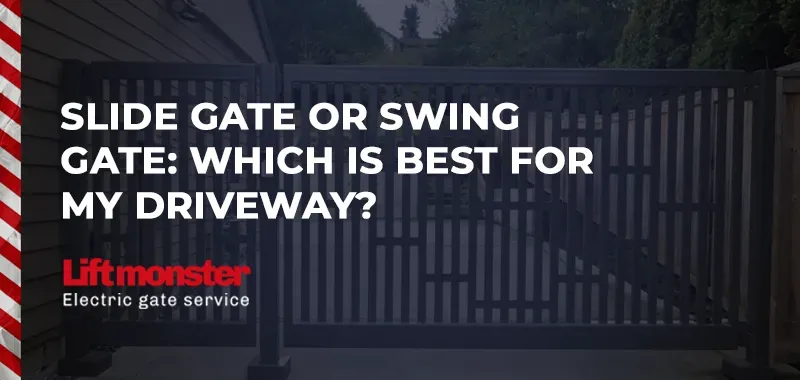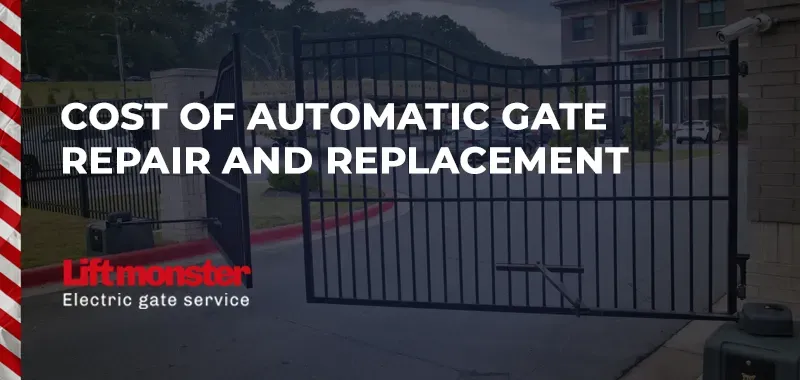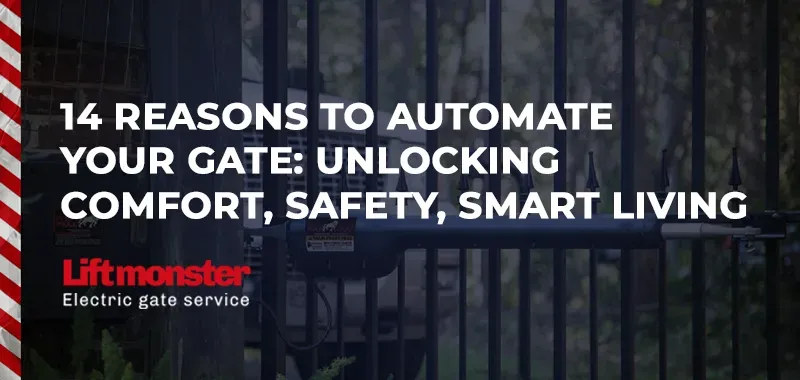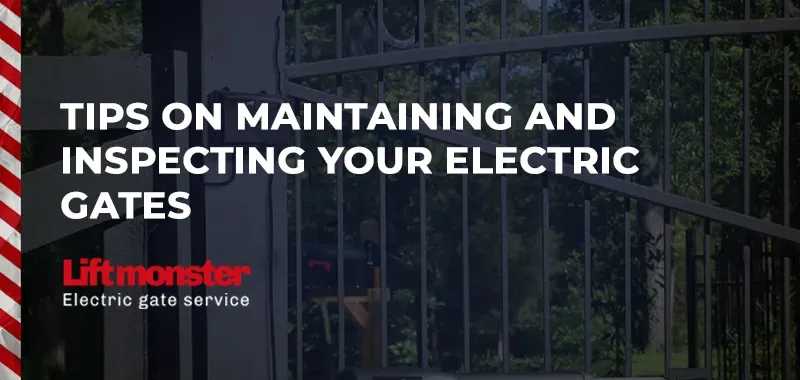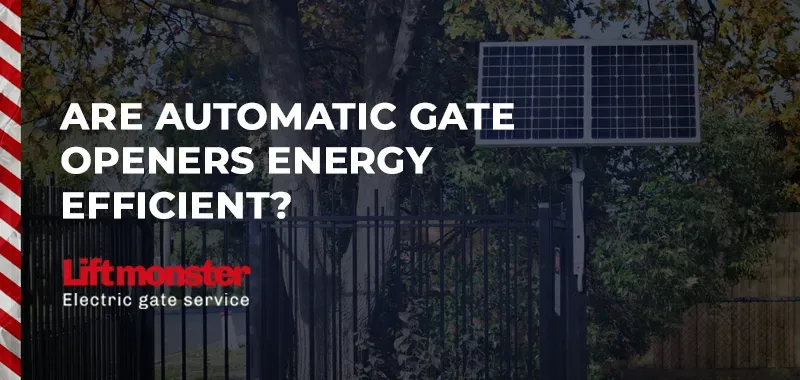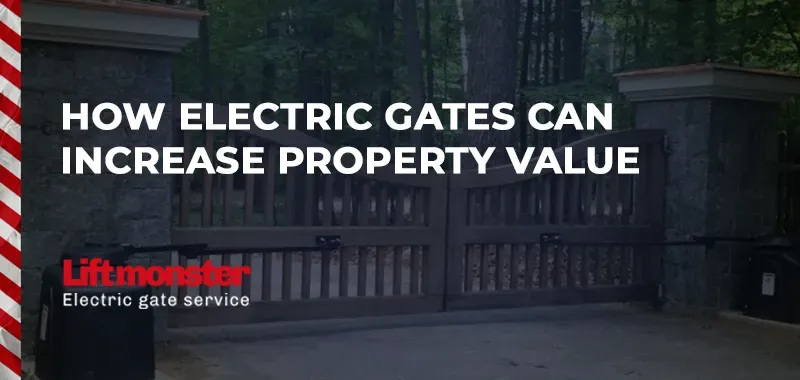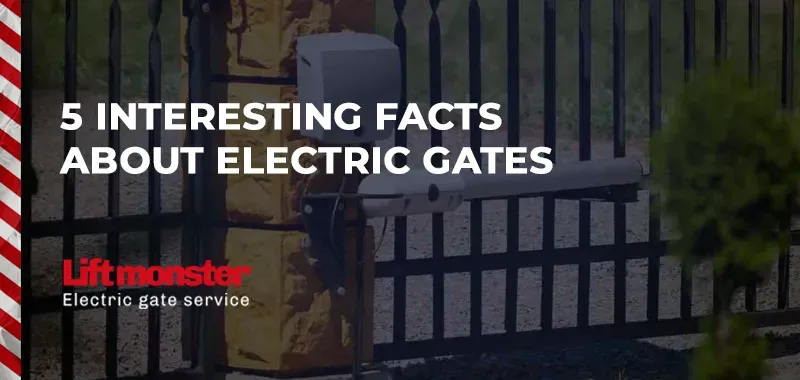Benefits Of Hiring A Professional For Automatic Gate Repair
An automatic gate is more than just a convenience—it’s a first line of defense, a statement of style, and a silent guardian of your home or business. But when that gate malfunctions, everything comes to a screeching halt. Whether it refuses to open, moves sluggishly, or suddenly starts making grinding noises, one thing becomes crystal clear: your safety and peace of mind depend on getting it fixed, fast and right.
At this point, you might be tempted to roll up your sleeves and try a DIY fix. After all, how complicated could it be? But as we’ll explore in this article, automatic gate repair is not just about tightening bolts or oiling hinges. It involves complex systems—motors, sensors, control boards, and more. And that’s exactly why hiring a professional isn’t just recommended; it’s essential.
Let’s dive into why expert help is worth every penny, and how it can save you time, money, and future headaches.
Cost Of Automatic Gate Repair And Replacement
Understanding Why Automatic Gates Malfunction
Before we talk about the benefits of professional repair, let’s take a moment to understand what can go wrong with automatic gates.
Automatic gates are mechanical marvels with multiple components working in sync. They rely on motors, power supplies, safety sensors, access control panels, and often, wireless remotes. Any one of these components can become faulty over time due to wear and tear, weather exposure, or electrical issues.
Common problems include gates not opening or closing properly, grinding or screeching sounds, remote access failure, and slow response time. In some cases, the gate might stop midway or not respond at all—a frustrating and risky scenario, especially for homes or businesses relying on gate security.
And here’s the tricky part: one symptom can have multiple causes. A gate that won’t budge could be suffering from a sensor misalignment, a dead motor, or even a problem with the control board. Diagnosing it correctly isn’t guesswork—it’s a job for someone with experience.
Step-by-Step: What a Professional Gate Repair Involves
Hiring a professional isn’t just about showing up with a toolbox. A true expert follows a methodical, step-by-step process to get your gate working like new. Here’s how they typically approach it:
Step 1: Diagnosis and Inspection
First, the technician will perform a thorough inspection. This includes testing the gate’s functionality, checking the power supply, and inspecting the moving parts like rollers, tracks, and hinges. If your gate has sensors or remote controls, these will be tested as well.
Unlike DIY attempts that often involve guesswork, a professional uses their expertise to pinpoint the root cause swiftly. This accuracy saves time and prevents unnecessary tampering.
Step 2: Identifying Faulty Components
Once the issue is diagnosed, the professional identifies which parts need repair or replacement. It could be something simple, like a loose chain, or more serious like a burnt-out motor or faulty control board.
A trained technician knows where to source high-quality, compatible replacement parts—something DIYers often struggle with.
Step 3: Repair and Fine-Tuning
Now comes the hands-on part. The professional will carry out the necessary repairs, ensuring every component is installed correctly. They also calibrate the gate’s sensors, adjust the alignment, and test the safety features to ensure nothing is left to chance.
Step 4: Safety Checks and Final Testing
Before wrapping up, a professional will always conduct safety tests. This includes checking obstacle detection systems, auto-reverse functions, and emergency manual overrides. Only after confirming everything meets safety standards will they hand control back to you.
That’s peace of mind you can’t put a price on.
The Risks of DIY Gate Repair
We get it—DIY can be tempting. It feels cost-effective, satisfying, and maybe even a little adventurous. But when it comes to automatic gate repair, DIY can often do more harm than good.
One of the biggest risks is misdiagnosis. You might replace a working motor thinking it’s faulty, when the real issue lies in the circuit board. Not only does that waste time and money, but it can lead to further complications.
Then there’s the safety risk. Automatic gates are heavy, and their motors operate under high pressure. One wrong move while adjusting a spring or gear could result in serious injury.
Also, tampering with electronics without proper knowledge can damage the gate’s motherboard or void the warranty. In short: what starts as a weekend project can quickly turn into an emergency call to a professional—only now with double the repair cost.
Tips On Maintaining And Inspecting Your Electric Gates
Why Professional Help Is Worth It
Hiring a professional isn’t just about convenience—it’s about assurance. A certified gate technician brings training, tools, and experience that you simply can’t replicate by watching YouTube videos.
Professionals also stay updated with the latest gate technologies. Whether you have a basic swing gate or a high-tech sliding gate with facial recognition access, a qualified expert will know how to handle it.
Let’s not forget about warranties. Most reputable repair services offer guarantees on their work. So, if something goes wrong again within a specified time, they’ll come back and fix it—free of charge. Try getting that level of accountability from a DIY fix.
Imagine a small business owner whose automatic gate jammed halfway open on a busy Monday morning. Employees couldn’t park. Deliveries were delayed. Customers got frustrated.
Instead of fumbling with DIY repairs, the owner called a professional gate repair service. Within an hour, the technician diagnosed a misaligned sensor and a faulty loop detector. Both were replaced and recalibrated, and the gate was back in action before lunch.
The cost? Reasonable. The value of restoring operations without losing a full day of business? Priceless.
Preventive Measures You Can Take Moving Forward
Even with the best repairs, prevention is the real secret to long-lasting performance. Regular maintenance can help avoid breakdowns and extend your gate’s lifespan.
A professional technician can schedule periodic maintenance checks that include lubricating moving parts, tightening loose bolts, testing sensors, and updating software if needed. These small steps go a long way in ensuring your gate stays reliable year after year.
Also, keep the gate clean from debris, especially around tracks or wheels. Trim nearby plants and bushes to avoid sensor obstruction. And always test your remote or keypad once in a while to ensure they’re functioning properly.
Expert Recommendations for Gate Owners
Experts agree that the best approach to gate maintenance is proactive, not reactive. Invest in annual inspections even if your gate seems fine. Issues often start subtly and worsen over time.
If your automatic gate is older than 5–7 years, ask your technician whether certain components should be upgraded. Sometimes, replacing an aging motor or sensor can prevent sudden failures down the line.
Finally, choose a repair service that specializes in automatic gates—not just general handyman work. Look for licensed, insured professionals with strong customer reviews. It’s your security on the line—literally.
Conclusion: The Smarter, Safer, and Stress-Free Choice
Automatic gates are incredible assets when functioning properly—but they require knowledge, precision, and care to repair and maintain. While it’s tempting to try fixing problems yourself, the truth is that professional help brings a level of safety, accuracy, and durability that DIY just can’t match.
From saving time and money to ensuring long-term performance and peace of mind, hiring a professional for automatic gate repair is not just a wise choice—it’s the right one.
So the next time your gate starts acting up, don’t grab the wrench. Grab your phone—and call in the pros. Your gate, your home, and your sanity will thank you for it.
